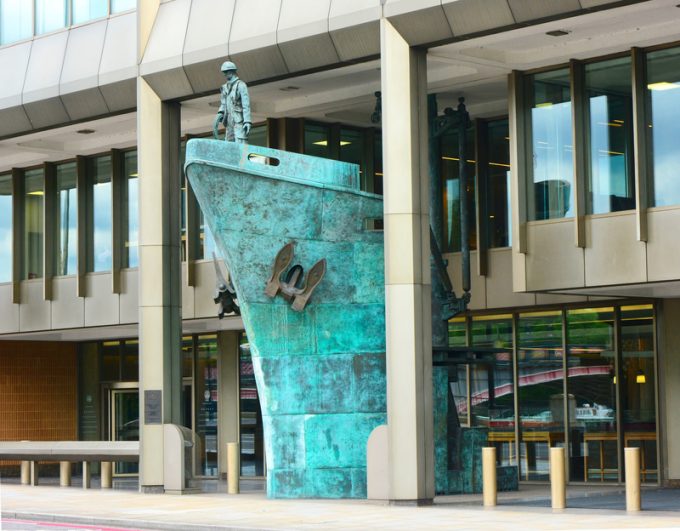The Loadstar Explains: Abandoned ships – and abandoned crews
From time to time, it is tempting to fantasise about a world with fewer laws, ...

Despite vocal advocacy from vulnerable island nations, such as the Cook Islands, Marshall Islands and Fiji, bringing a personal tone to proceedings at the IMO, consensus on key issues was not forthcoming.
The outcome leaves open the question of well-to-tank greenhouse gas emissions, which stands to introduce a ‘cure worse than the disease’ by encouraging the adoption of new ‘grey’ fuels, according to Transport & Environment shipping director, Faïg Abbasov, speaking with The Loadstar last week.
Today, Mr Abbasov appeared to praise the IMO for achieving “a near consensus” on global fuel law, but added that “…success of the fuel standard rides on proper accounting of emissions across the supply chain. Negotiators must take lifecycle emissions into account so that the likes of grey hydrogen, LNG, and biofuels do not simply lead to one bad fuel replacing another”.
It appears that the particulars of the decision will now be deferred until MEPC82.
The representative for Panama, home of the world’s biggest ship registry, highlighted the plight of its canal as part of a plea for more concerted action.
“The Panama Canal Authority has had to take measures to keep the water level of the canal at a viable level, [its low level] resulting from the drought… as a result of El Nino and global warming.
“Panama urges members to continue cooperating constructively to develop GHG emission reduction policies and contribute to the fight against climate change protecting the most vulnerable countries.”
Studies have indeed pointed to climate change as a proximate cause for the reduced capacity at the Panama Canal, in one of several instances of climate change affecting the viability and profitability of the shipping industry itself.
This morning, in a joint statement with other members of the Clean Shipping Coalition (CSC), Anaïs Rios, shipping policy officer, Seas At Risk, credited the Caribbean Islands in particular with “putting a new wind in the sails of this key climate policy”.
The statement added: “The Pacific Islands and Belize proposal for a levy of $150/tonne of GHG emissions is the most mature and ambitious proposal on the table, and we urge governments to work constructively over the summer, ensuring it prioritises equity and fosters a just transition for all involved.”
Division was evident this morning when the representative from Brazil spoke out against the economic implications of a flat levy, which would leave “…mainly countries in the global south bearing the cost of climate transition”.
But this was quickly followed by comment from the Fiji representative, who compared the effects of climate change to the legacy of US nuclear testing in the Pacific, in which native island peoples were forced from their homes, saying this morning: “We do not want to go through another episode of forced migration.”
Comment on this article